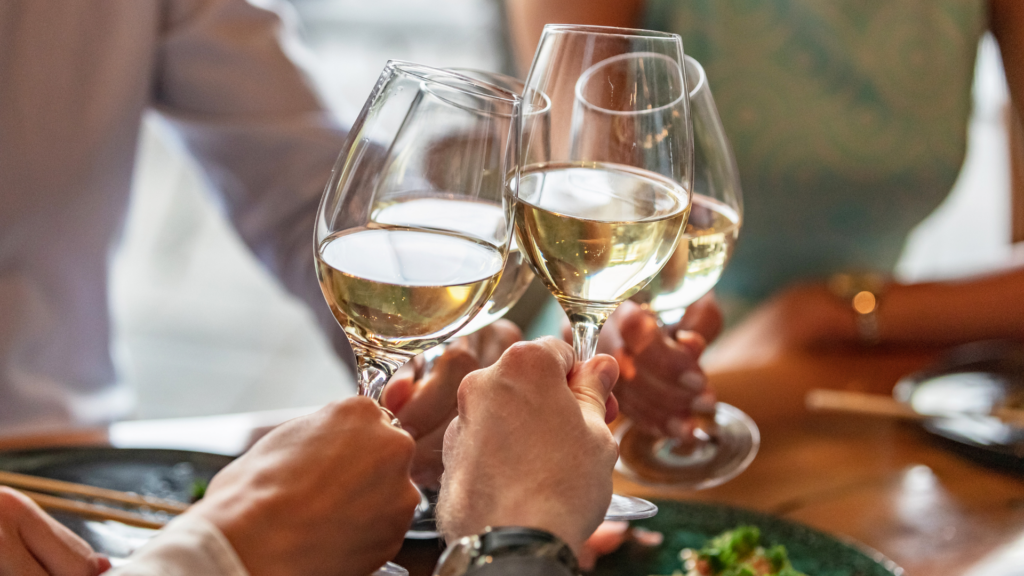The Belgian wine sector has been producing impressive growth figures for some time now, and although 2021 was difficult, 2022 promises to be another top year thanks to the hot summer.
"The year 2021 was humid, which resulted in the vineyards being affected by fungi and so the yield was a lot lower than in previous years,” said Lodewijk Waes, an award-winning winegrower from Zwijnaarde (East Flanders) and the chairman of the non-profit association Belgian Winegrowers. "2022 is the opposite because we had a wonderful summer. The grapes harvested today are of top quality and the yield will certainly be double that of last year."
Mainly white and sparkling wines are made in Belgium. The grape harvest is currently in full swing, however, it is still too early to put a figure on the total Belgian production, but Waes expects it to exceed two million litres for the first time. The persistent drought has had less of an impact on viticulture than on other crops.
Belgium is not the first country which comes to mind when one thinks about wine, but the country has several protected designations of origin, such as Hageland, Haspengouw, Heuvelland, Maasvallei and Côtes de Sambre et Meuse. In Flanders, Limburg is the province where most wine is made.
"As chairman of the Belgian winegrowers, I have seen the sector grow enormously," said Waes. "We are a young wine country, but a very strong growing wine country. In 2015 we had 103 winegrowers and today we are already at 238."
Thanks to climate change
Climate change certainly plays a role in the strong growth, according to the winegrower. "More and more people believe that it is possible to make good wine in Belgium," he said. "We have more hours of sunshine and the limit for viticulture is shifting to the north. But we also get more extremes. Last year it was extremely wet, this year it was extremely dry."
Weather conditions remain an unpredictable factor every year. For example, Belgian winegrowers have the frost in spring to worry about, which explains why the yields in southern countries such as Italy or Spain are much higher.
But can Belgian wines be compared qualitatively with those from traditional wine countries such as France, Italy or Spain? "Belgian wine has become qualitatively better, especially in recent years," said Dennis van den Buijs, a wine lover and podcaster.
"It is a pity that there is always a comparison with other countries, because why should we not consider Belgian wine as a product in itself? Then the medals such as those awarded at Belgian festivals can be used as a kind of quality mark as consumers are persuaded by wines which win medals."
Convince consumers to buy local
It may take more than medals to persuade people buying their wine from the supermarket because wine production in Belgium is limited and falls into a higher price category. "In Belgium, we have small-scale companies, while abroad you have wine estates of hundreds of hectares. You can't compare that,” said Van den Buijs.
"We still have to convince the consumer and they will be amazed by the quality. Yes, it is slightly more expensive than, say, a Chilean or Argentinian wine, but you would also have to take the ecological footprint into account", he added.
Gradually, Belgian winegrowers are being accepted and honoured across the border. In May this year, they were present for the first time at ProWein in Germany, the largest professional wine fair in the world.
"Our wines are typical 'cool climate wines'," said Waes. "Wines that have a bit more acidity and are a bit fresher than the wines from France or Spain, where it is much hotter. And these are qualities that are greatly appreciated by wine lovers nowadays."

